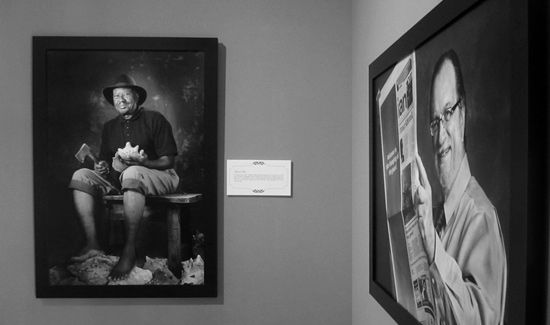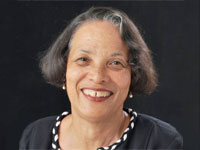
Freeport, Grand Bahama – Walking the streets of Grand Bahama, and especially after leaving the tourist enclave of Port Lucaya and heading westwards towards the outlying communities of West End and Eight Mile Rock, one is immediately confronted with the notion that this island has seen better times.
A trio of direct-hit hurricanes in 2004 and 2005 caused some of the lasting damage that one still witnesses. But to see houses and businesses in various stages of reclamation by the press of tropical vegetation, nearly a decade after the fact, suggests that natural disasters are not the only factor at play here.
Unemployment, deeply tied to global tourism, now hovers above 21%. This is several percentage points higher than the Bahamian average, and is a full 5% increase for Grand Bahama from March of 2011. Population on Grand Bahama is also in decline, as islanders fall in line with the all-to-common urban exodus in search of jobs. Vacation weekends, such as this August’s Emancipation Day celebrations, are occasions for families to briefly reunite; and then off again to the capital city of Nassau.
My tourguides for the majority of the trip thus far have been the core members of the local action group Operation Justice Bahamas. Troy Garvey, Jonathan Glinton, and elder statesman Etienne “Faqi” Farquharson, are well known across the island, and have opened doors otherwise inaccessible to me.
And the question on the tip of everyone’s tongue, as it has been since Garvey and Glinton visited Nova Scotia October last seeking answers from Emera, is: “When are you going to get my power bill lowered?”
To put it bluntly; the Port Authority runs the show.
The Bahamian government does have sway, but to get at the Port Authority, and thusly keep Emera’s new cash cow, the Grand Bahama Power Company, in any degree of check, it must delve into the legally murky waters of the Hawksbill Creek Agreement, by which the island was virtually signed away until 2054.
It is a war, with it’s deep, deep, pockets, that Emera is well-armed for.
“When you look at it, it cannot be defensible to have a 12 cents per kilowatt hour rate in our neighbour Florida, and a 44 cent per kilowatt hour rate as we pay here [especially] when you bear in mind that the fuel being used to generate power in Grand Bahama is fuel upon which no duty is being paid,” says Gregory Moss, PLP member of parliament for Marco City, on Grand Bahama.
“In Grand Bahama, right now we have the anomaly, the unsustainable anomaly, that most consumers are spending as much or more on their electricity bill as they’re spending on rent or mortgage for their home,” says Moss.
It has become a legal, and political, battle.
By: Miles Howe,
Halifax Media Co-Op



